Introduction: PLI Scheme
The government of India announced, in 2020, the PLI scheme to restore the economy and bring a firm manufacturing setup. While the scheme was first limited to industries like electronics and pharmaceuticals, it has been widened to involve sectors like battery manufacturing and recycling.s
PLI stands for ‘Production Linked Incentives’, which is an initiative undertaken by the Government of India towards promoting domestic manufacturing and by encouraging economic growth through making sectors more competitive. It helps through financial incentives, enhanced production and investment. The PLI scheme offers incentives to boost production, enhance the technological aspect, and work for the larger goals of the economy.
Table of Contents
--------------Blog Contact Form-------------
Benefits of PLI
- Encourage more Production: This would incentivize the domestic manufacturing of raw materials used for batteries and decrease dependency on imports.
- Environmental Sustainability: Recycle to minimize the environmental impact caused by battery disposal and extraction of raw materials.
- Cost Reduction: As recycled materials are created, so the overall cost of the EV battery will decrease, thus making electric vehicles more economically feasible.
Challenges of PLI
- Implementation Complexity:
- Management: Managing the scheme can be difficult, it requires robust systems to track production and for paying out incentives.
- Compliance: Companies are require to obey to various conditions and governing requirements to qualify for benefits.
- Investment Risks:
- Upfront Investment: substantial upfront investments are required, it may be risky, particularly for small firms.
- Market Uncertainty: the uncertainty in market demand will impact the efficiency of the incentives.
- Effectiveness:
- Targeting: incentives should be directed towards those companies and sectors which can make a difference.
- Long-Term Sustainability: Monitoring of the long-term benefits from the scheme so that these very benefits provide a lead toward sustainable growth.
PLI Scheme for Battery Recycling
The Production Linked Incentive is another scheme by government for battery recycling aimed at enhancing the recycling of battery used principally in electric vehicles and other uses. Confronted with the enormous challenge of battery waste management, this scheme will accelerate the recycling of spent batteries for recovering their material value and promoting sustainable practices.
In detail, the PLI Scheme for Battery Recycling is an attempt at the following:
Objectives
Enhance Battery Recycling
- Increase Recycling Rates: Enhance the quantity of batteries recycled to recover significant materials and diminish the environmental footprint.
- Upgrade Technologies: Encourage innovation and application of advanced recycling technologies to increase efficiency and effectiveness in this process.
Material Recovery
- Material recovery: from end-of-life batteries by recovering lithium, cobalt, nickel, and rare earth elements for manufacturing new batteries.
- Reduced Dependence on Raw Materials: Reduce dependence on raw material imports by increasing the usage of recycled materials.
Ensure Environmental Sustainability
- Waste Management: The Policies and Practices should ensure that battery wastes cause minimum adverse environmental impact and hazardous materials are handled with great care.
- Promote Circular Economy: Promote the idea of a 'circular economy' with greater emphasis on recycling and resource recovery.
Drive Economic Growth
- Job Creation: Generate employment in the recycling and allied industries.
- Drive Innovation: Foster the development of new technologies and processes in battery recycling.
Can PLI for Battery Recycling Makes EVs Cheaper?
Yes, Public-Private Partnerships (PPPs) for battery recycling can possibly make electric vehicles (EVs) cheaper in several ways. Here's how:
Reducing Raw Material Costs
- Recycling Key Materials: Battery recycling pans out the crucial material —Lithium, Cobalt, and Nickel—used in the manufacture of new batteries. The process recycles these materials, allowing demand for newly mined raw materials to be withdrawn hence potentially reducing their prices.
- Supply Chain Stability: Recycling will reduce the dependency on raw material markets that tend to be volatile and thereby reduce related supply chain risks, bringing in cost stability, and even a lowered cost of production in batteries.
Reducing Cost of Production
- Cost of Recycled Materials: The use of recycled materials in the manufacture of batteries could come with a reduced cost compared to using virgin materials because the extraction and processing steps of materials are reduced. Such a cost-saving tendency results in passing the same benefits to consumers in cheaper EVs.
- Innovation in Recycling Technologies: Improvement in this area can help advance the recycling technologies and processes to recover materials from spent batteries more efficiently than in the previous point. These can further reduce related costs. These may also help improve the economics of battery production at large.
Improvement in Battery Life and Performance
- Better recycling of batteries: Effective recycling processes would enhance the recycling of old batteries that can be used again in designing the technology for batteries. With this, the aspect of the total cost of ownership would be reduced from the better performance and life of the batteries and hence attract a larger customer base towards buying EVs.
- Second-Life Applications: Recycled batteries can be used for second-life applications, such as an energy storage system. This would help generate a further stream of revenue and reduce the cost of producing new batteries.
Driving Economies of Scale
- Infrastructure: Sound infrastructure will advance the recycling industry. With growing size, economies of scale are well likely to be attained largely in numbers of facilities. As the efficiency and levels of activities of recycling advance, the related costs of the material recycling and thereby the battery price can be reduced.
- Public-Private Collaboration and Investment: Effective public-private partnership may help in directing the investment towards more extensive recycling facilities and technologies to save costs related to shared resources and expertise.
Policy and Regulatory Advantages
- Government Support: Governments many times support for recycling programs and can save the operational costs of recycling facilities. This end-state can indirectly contribute to low battery cost.
- Regulatory Compliance: Recycling Programs will help the manufacturer to be compliant to environment regulations, avoid risks of fines and penalties indirectly can contribute to lower overall cost.
Environment and Social Impact
- Sustainable Practices: Recycling considerably reduces the ecological impact of mining and battery disposal, making the industry much more sustainable. A cleaner and more responsible industry can create much higher public and investor confidence, possibly leading to more competitive pricing for EVs.
- Consumer Perception: With people becoming more conscious of environmental issues, a well-laid recycling program with respect to EVs would make them even more attractive, hence increasing adoption and economies of scale now being truly obtained.
Conclusion
The PLI scheme is a strategic policy tool aimed at increasing domestic manufacturing, driving technological innovation, and contributing to economic growth. Companies, by achieving the twin objectives of production and investment, stand to gain in the form of financial incentives, increase their manufacturing capabilities, enhance technology, and thereby spur economic and environmental achievements. While there are challenges to address, the potential benefits for the economy, industries, and consumers are substantial.
This portion of the site is for informational purposes only. The content is not legal advice. The statements and opinions are the expression of author, not corpseed, and have not been evaluated by corpseed for accuracy, completeness, or changes in the law.
BOOK A FREE CONSULTATION
Get help from an experienced legal adviser. Schedule your consultation at a time that works for you and it's absolutely FREE.


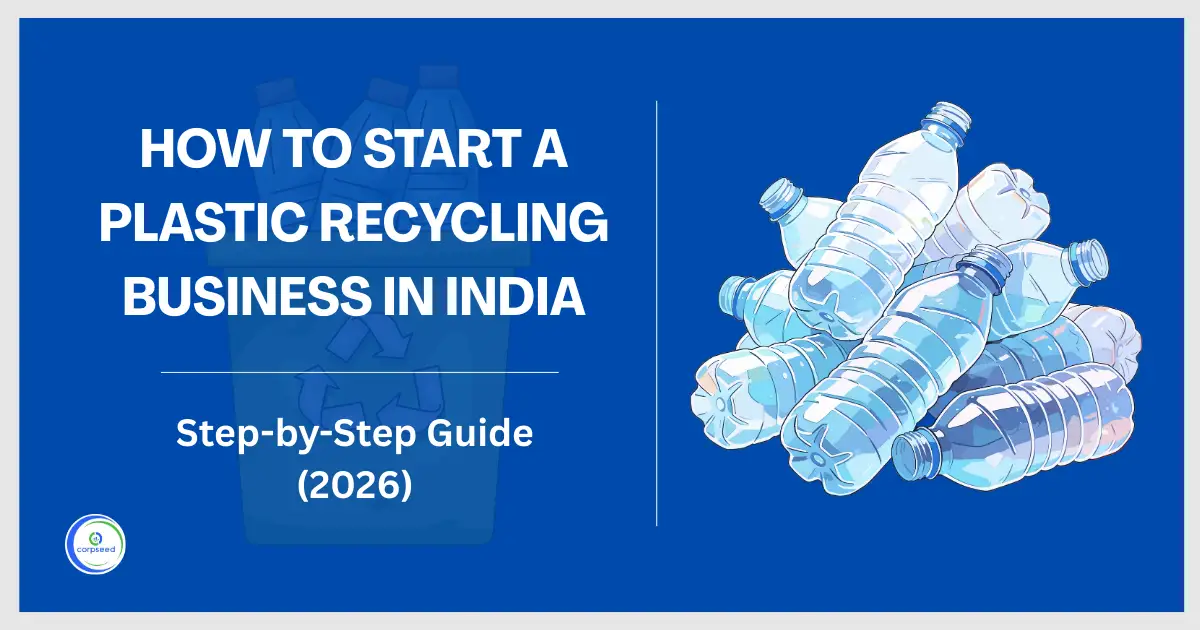
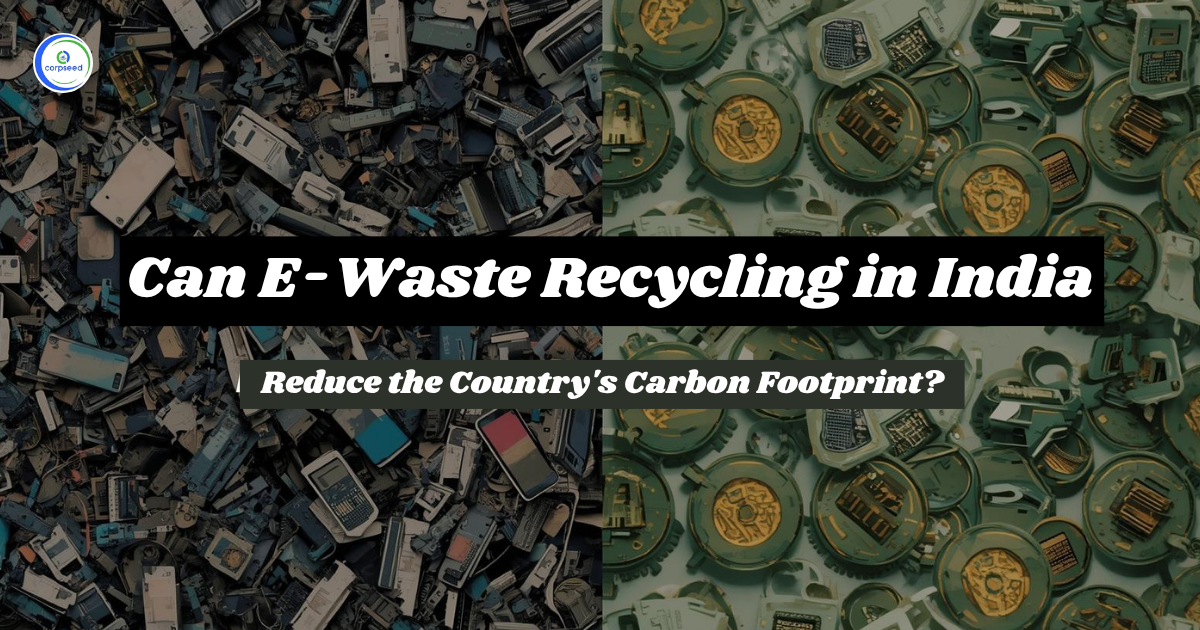
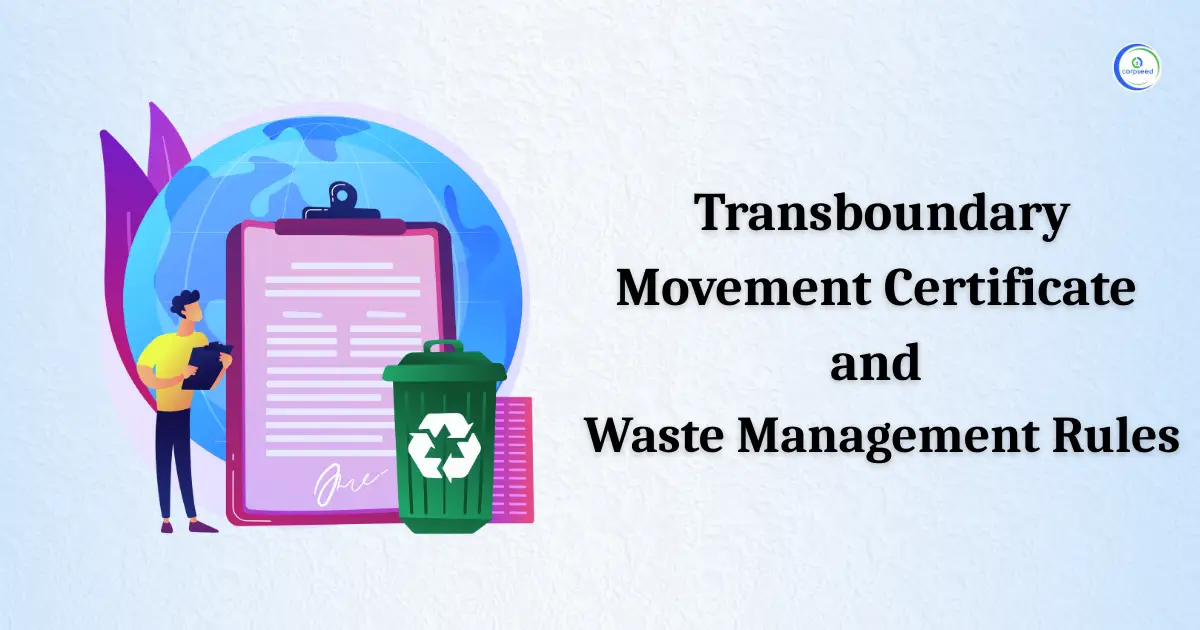
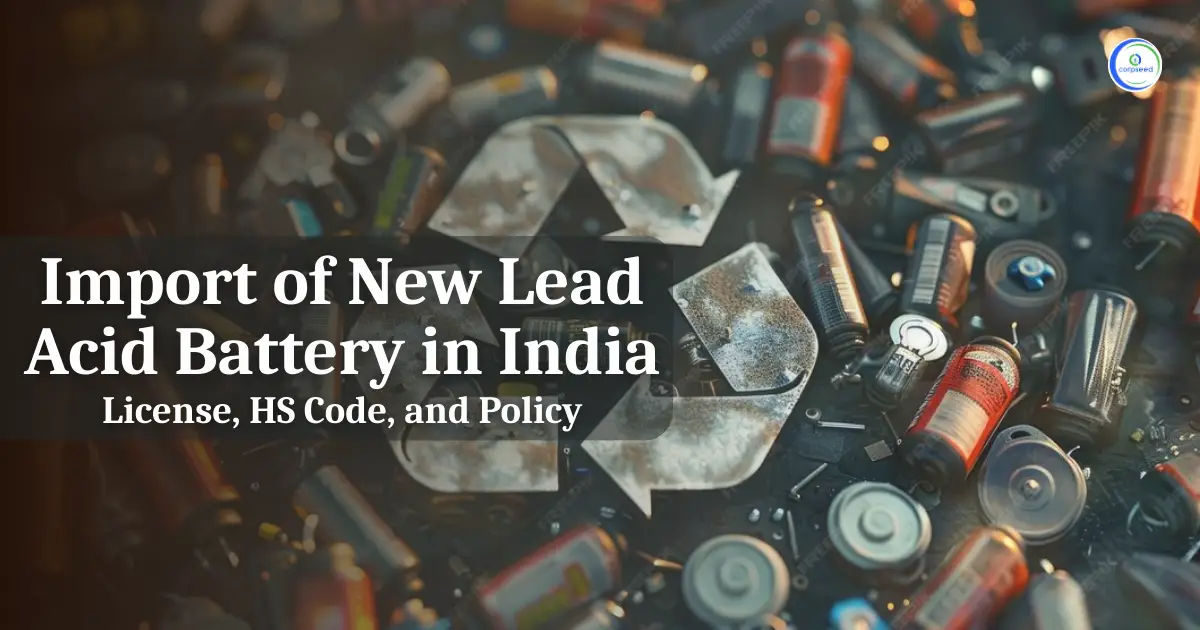
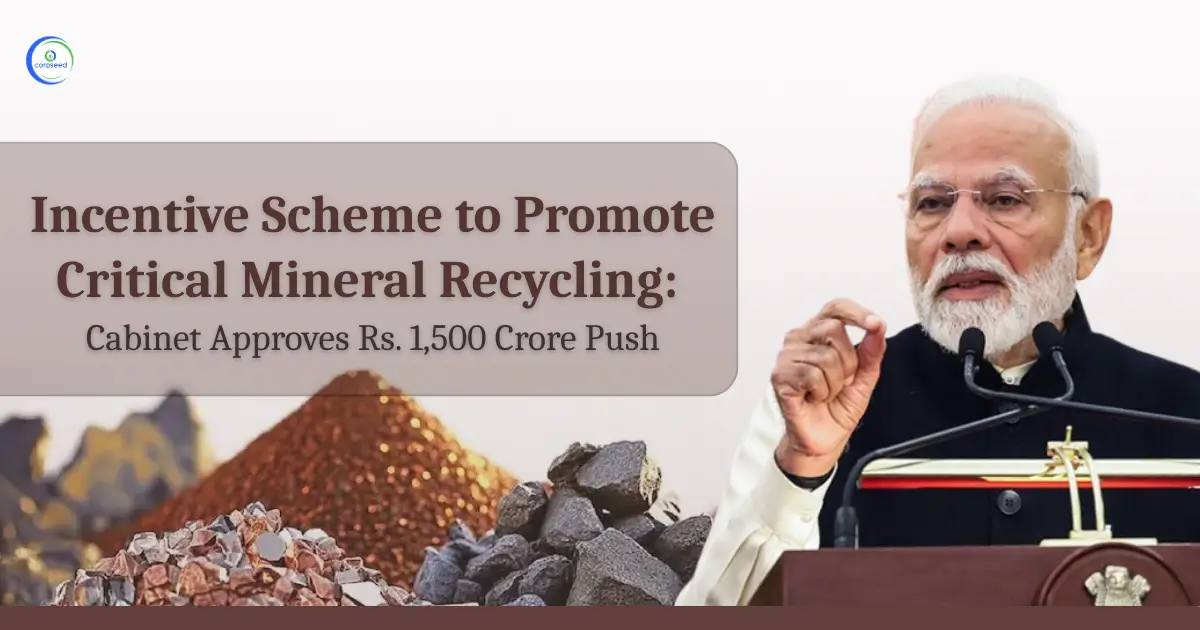
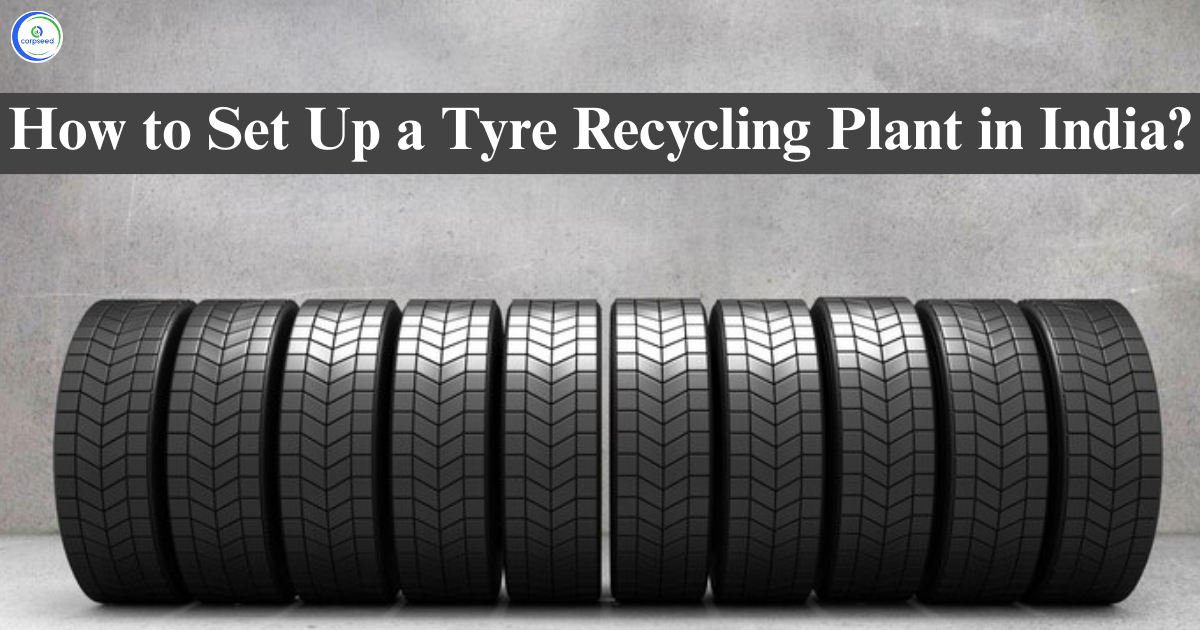
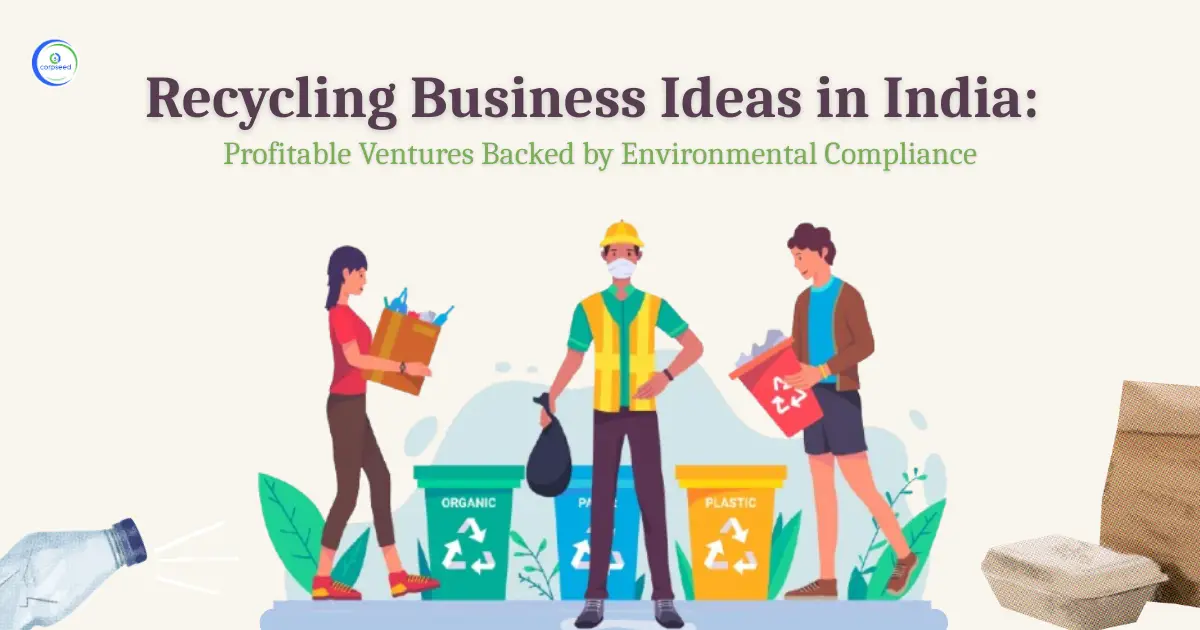
.webp)